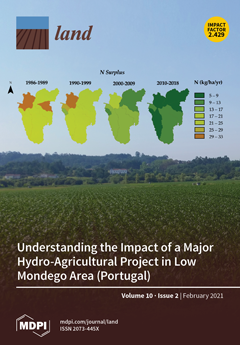Decentralization as a Strategy to Scale Fit-for-Purpose Land Administration: An Indian Perspective on Institutional Challenges
Many countries grapple with the intractable problem of formalizing tenure security. The concept of ‘fit-for-purpose land administration’ (FFPLA) offers a way forward by advocating a shift towards a more flexible, pragmatic and inclusive approach for land rights recording. Inherently, the process and outcome of implementing FFPLA will have significant socio-political ramifications but these have not received much attention in the literature; additionally, few papers have considered this in the context of decentralization, an endorsed strategy for implementing FFPLA.


